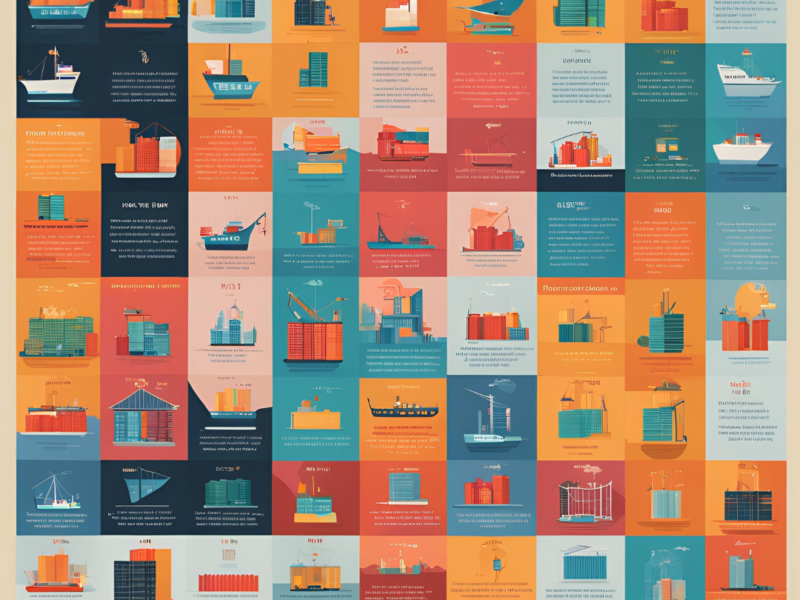Evaluating the Economic and Geopolitical Impact of the Trump Administration’s Tariff Plans on Major Trading Partners and the U.S. Economy

Donald Trump’s plans to impose tariffs on imported goods, particularly from major trading partners such as China, represent a significant shift in U.S. trade policy. These measures aim to reduce trade deficits and incentivize domestic manufacturing but risk disrupting global trade dynamics and escalating tensions with key economic partners. This project examines the potential economic, political, and geopolitical consequences of these tariffs, focusing on their impact on global supply chains, U.S.-China relations, and the broader international trade framework.
Key Questions:
- What are the key components of Trump’s proposed tariff plans, and which industries and countries are most affected?
- How do China and other major trading partners plan to respond to these tariff proposals? What steps are the currently being taken and what industry sectors and products will be most impacted?
- What are the projected short- and long-term economic effects of these tariffs on the U.S. and global economies? Ultimately who pays for tariffs and how might tariffs exacerbate inflation in the U.S?
- How might these tariffs reshape global supply chains and trade relationships and what role do China, Hong Kong and other countries in Asia play?
- Do these measures serve as a viable strategy for boosting U.S. manufacturing, or do they risk retaliatory trade wars?
- How do these policies align with broader geopolitical trends, such as the rise of protectionism and shifting alliances?
This project will utilize a multidisciplinary research framework, combining economic analysis, trade policy evaluation, and geopolitical assessment. Students will:
- Review policy documents, trade agreements, and relevant legislation to understand the scope and intent of the proposed tariffs.
- Analyze trade and economic data to quantify the potential impacts on key industries and countries.
- Conduct interviews with trade experts, policymakers, and economists to gain insights into the broader implications of these tariffs.
- Investigate the history of the use of tariffs and case studies of previous tariff implementations to identify lessons and potential parallels.
- Produce a final report outlining findings, conclusions, and recommendations for policymakers to mitigate risks while achieving economic objectives.
Essential and Preferred Skills:
Students from diverse academic backgrounds, including economics, political science, international relations, law, and business are welcome to apply. This project is ideal for those interested in global trade, economic policy, international diplomacy, and the intersection of politics and economics. Applicants should be eager to engage in critical analysis and contribute to meaningful discussions about the future of global trade and economic cooperation.
Apply Now